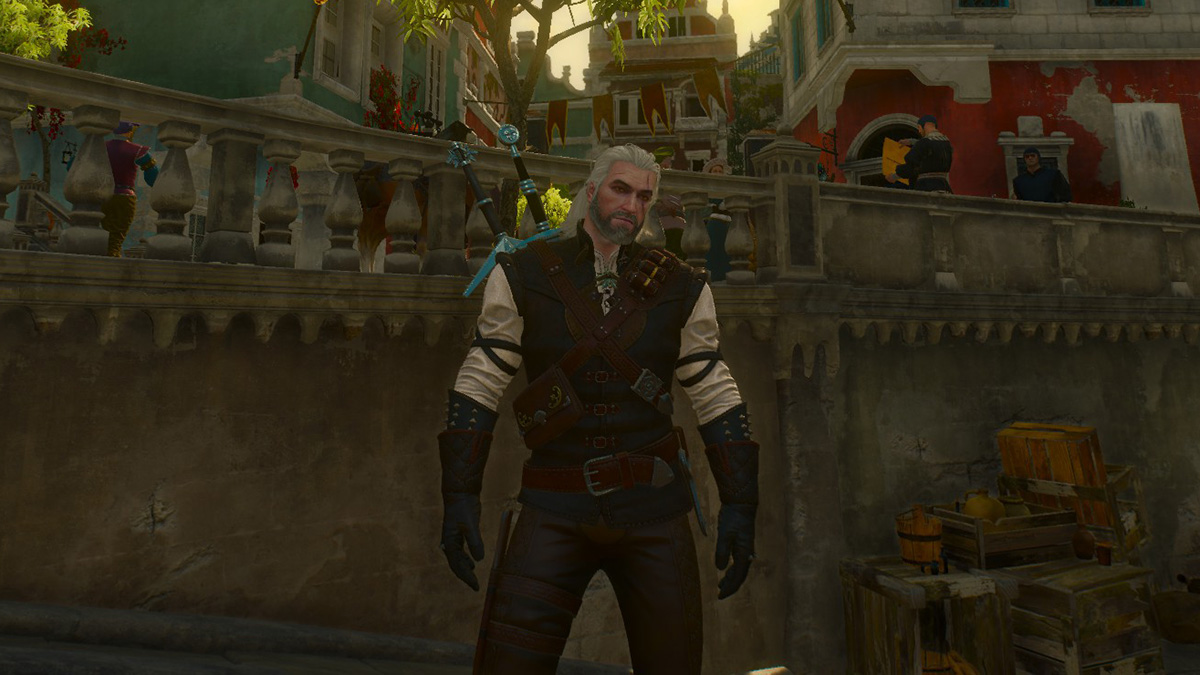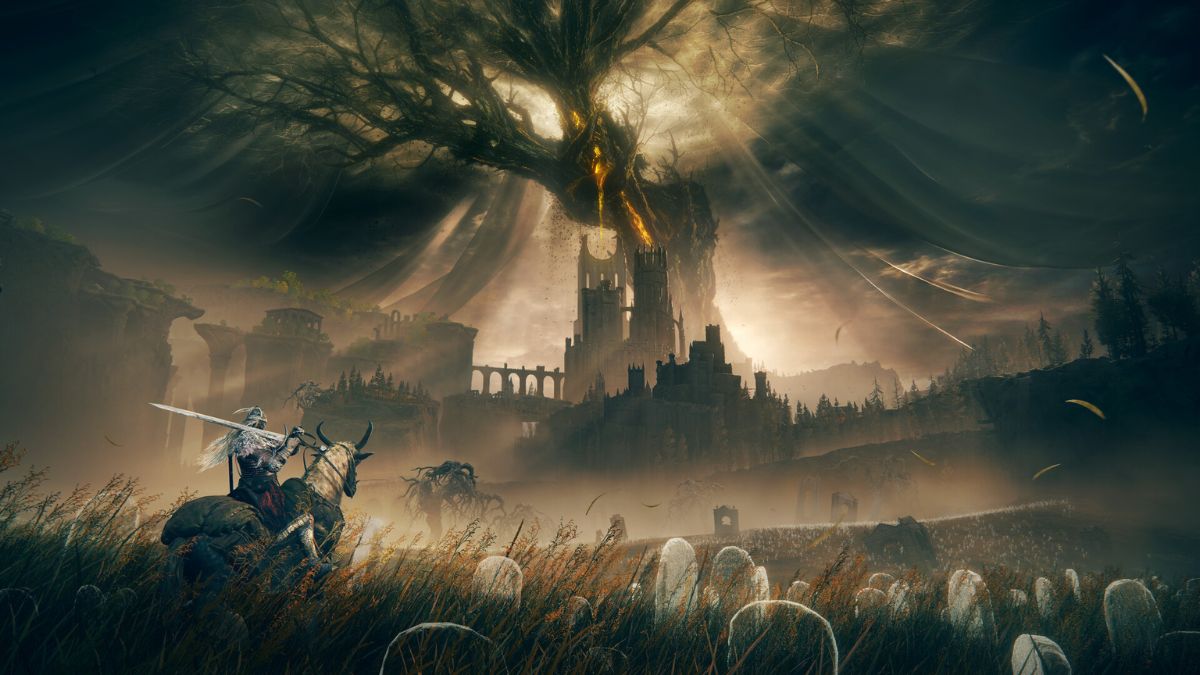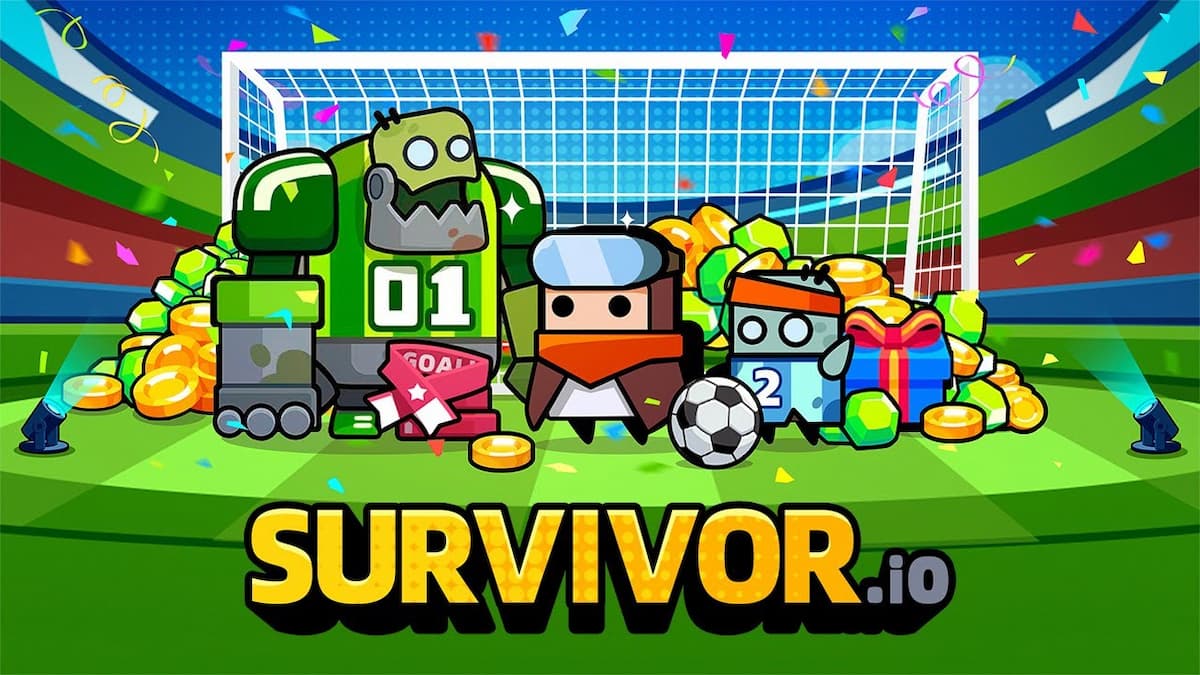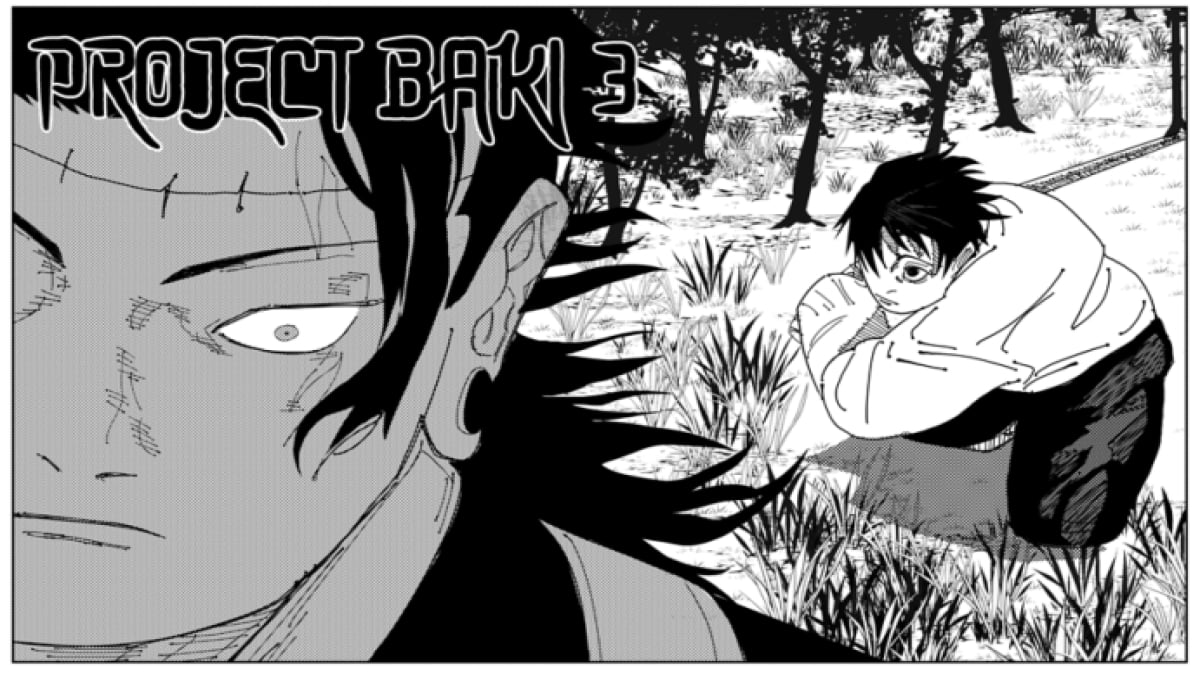Like most other open-world games, Witcher 3 is filled to the brim with places you can loot for gear, materials, lore books, and treasures to sell. When we factor in all the enemies you will kill and various quest rewards, it’s easy to see how loot management comes into play. It may become overwhelming for new players to decide what to pick and leave, especially what to sell or dismantle. That’s why we’ve prepared a looting guide to help you with all that in the Witcher 3.
Related: The 6 best builds in The Witcher 3
Where to look for loot in The Witcher 3?
Loot in The Witcher 3 is scattered everywhere in the world, coming in the form of drops from defeated enemies, NPC’s houses, debris all over the world, and special loot locations. The best places to search for the best quality loot will invariably be Points of Interest that you can see on your world map, different ruins worldwide, monster nests, and along the quest areas. If you’re looking to prioritize loot gain, those are the places you should be focusing on.
Should you loot everything?
The short answer is — yes, you should. Carrying too much loot can get Geralt overburdened, which forces him to walk everywhere instead of jogging, but that’s not a huge issue unless you find yourself in combat. You can still summon Roach if you’re outside and trot over to the nearest merchant to unload your bags. Still, with good planning, you won’t get overburdened too often, and if you really want to maximize your carrying potential, you can spec into the Strong Back ability, which increases your inventory weight max by 60. A good rule of thumb is to empty your bags by selling to merchants or leaving items in your personal stash before embarking on a lengthy quest, especially if it involves caves and ruins.
What to do with the loot in The Witcher 3?
This is a layered question, as not all loot is equal in value. You’ll probably still want to sell most of it to merchants for Orens. This is especially true for valuable ‘junk’ loot that can carry a pretty hefty price, such as golden figurines, fancy rings, ruby necklaces, etc.
When it comes to weapons and armor, it becomes more complicated. A good rule of thumb is to sell all grey and blue rarity gear while keeping yellow and orange for yourself, then dismantle it at blacksmiths for crafting materials. The rarer the gear, the more valuable materials you can get, but bear in mind that mass dismantling can rack up the price of doing it, hence why you should be selling lower-tier gear.
As for materials and resources, you should always keep them just in case you need them for crafting potions, decoctions, and bombs.







Published: Jan 24, 2023 09:18 am